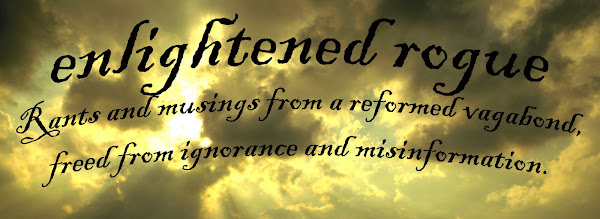 A short interesting book about the US Constitution is Original Intentions- On the Making and Ratification of the United States Constitution, by M.E. Bradford (1993, University of Georgia Press).
A short interesting book about the US Constitution is Original Intentions- On the Making and Ratification of the United States Constitution, by M.E. Bradford (1993, University of Georgia Press).Mr. Bradford holds the nomocratic view of the Constitution (the one shared by most present day “Constitutionalists”) that sees the Constitution as a “procedural text” that regulates the activity of the government, not the people. He disapproves of the current teleologic view that sees the document as a guide to design society- a design allowing the offering of laws to correct societal problems.
The author describes the various debates within the Constitutional Convention and within the state legislatures that eventually ratified the proposal- and does so in sufficient detail to satisfy the most nerdy of legal scholars and historians. Mr. Bradford admits the result of all that debate is not the best the framers could invent but the best that could be politically approved. I would add that such is always the result when large, differing populations attempt to unite under a single, one-size-fits-all framework. This was true with the founding population of about four million people. Just think of the disparity of viewpoints with the present population of 300 million. Ultimately, it is individual liberty that is compromised, not the power of the state.
The question Mr. Bradford doesn’t seem to address is the one asked by constitutional skeptics like myself: Despite personal experience and historical evidence, why did these very bright, educated, articulate and principled men still believe it possible that an eloquently written piece of paper could restrain those with a monopoly on power and (now with a central bank) unlimited funds? And who could rationally believe that such an empowered beast could be trusted to be self-regulating?
Despite the founder’s original motivations, acted on with the best of “intentions,” the result is a tyranny that cries for a new revolution. That revolution will occur when a critical mass of individuals realizes that the state is a master they need not have, nor can afford to tolerate, if civilization is to survive and thrive. That revolution will occur when enough people realize that a document written over 200 years ago has no moral, legitimate authority over individuals born and presently living within arbitrary borders.

2 comments:
Nice post Mr. Spooner :-) For whatever reason, it's difficult to convince people that a 200 year old document signed by people long since dead does not apply to us, just like it did not apply to anyone in Spooner's day.
Chris- It is also difficult to convince them that this failed document can actually be “restored.” How can this be done when the state (who benefits from the failed restraints on its power) regulates itself?
And even if the document was somehow miraculously “restored” what’s to keep it from failing again?
Post a Comment